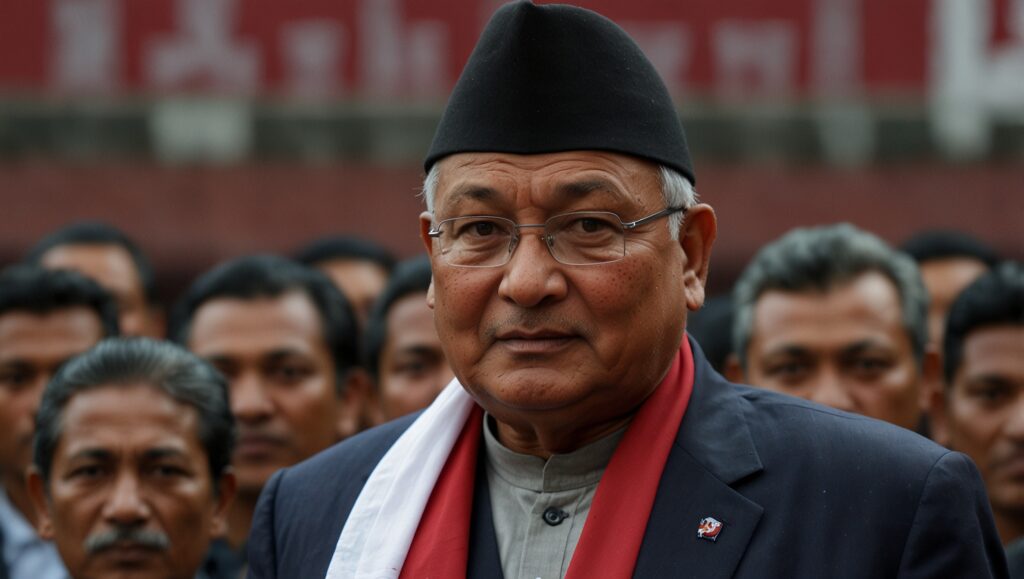Much to the surprise of many, K.P. Sharma Oli is the newly minted Nepal Prime minister for the fourth term, a new page or rather a new episode in the history of Nepal’s political instability. The recommendation was made on December 22, 2024, and it forms part of the deal between Oli’s Communist Party of Nepal-Unified Marxist Leninist (CPN-UML) and the Nepali Congress (NC) headed by Sher Bahadur Deuba. The partnership that has been formed between these two groups, one socialist and one monarchist, has been commented on widely given that the two parties are ideologically poles apart, and few would have expected these two entities to come together to form an alliance, let alone an electoral one in Nepal.
The new government took shape after a hectic parliamentary consensus, reflecting a new political reality in Nepal. In accordance with the agreement signed between Oli and Deuba, the two will split the prime minister’s position, and each will stay in office for 18 months before another change until the next general elections in 2027. That is why this arrangement is designed to bring some stability to the country that has had only 14 prime ministers in a space of 15 years, those are numbers that speak for the weakness of Nepalese political situation.
During his presentation of the new coalition deal in the Parliament, Oli presented seven points of agreement. He underlined the need for the largest parties to combine for political stability, national interest, governance, and development. One feature of this agreement is the proposed constitutional amendment, governing amendment details of which are yet to be disclosed. Pressure is being applied from both sides of the house to change the electoral laws of the country and raise the standard of qualification for political parties to national organizations that some have said would increase the underlying strength of political systems.
Nevertheless, the process of amendment of the constitution is not free from challenges, as this process will be discussed below. While Oli’s government has the initial support of over two-thirds of lawmakers, a sum sufficient for constitutional changes, changing the existing PR system will demand more profound consensus in the country. This poses a considerable problem because any change to the election laws will equally be met with a lot of resistance from smaller parties together with disadvantaged individuals in society since they benefit from the existing system.
It is crucial for the formation of this new government in Nepal. The country has numerous problems: low economic growth rate, high rates of emigration among the youth, and maintaining proper relations with neighbors India and China. Moreover, there is increasing Citizen apathy /alienation and possibly a resurgence of calls for monarchial rule. Such problems will prove the stability and efficiency of the Oli-Deuba tandem in the coming months.
Such skeptics may look at this particular recent reshuffling of the coalition as being more of a political stunt with little benefit to the function of governing. Critics look at Nepal, where frequent government changes and most political formations are motivated by self-interest. However, those in favor of the new government argue that only the combination of the two major political forces, the CPN-UML and the NC, can offer the stability and determination that Nepali issues require.
With Nepal moving into this new politically conscious chapter, all will have an opportunity to watch and see how PM Oli will fare in handling the intricacies of the machinery of a coalition government and, at the same time, steer the nation into a more progressive future. It is argued that the success and failure of this government will determine the direction of Nepal’s politics and its 2027 election. With the potential of positing significant constitutional amendments in the upcoming months, it is the further progress of this new alliance that will be decisive for determining whether Nepal will finally find stability and gradual development.


